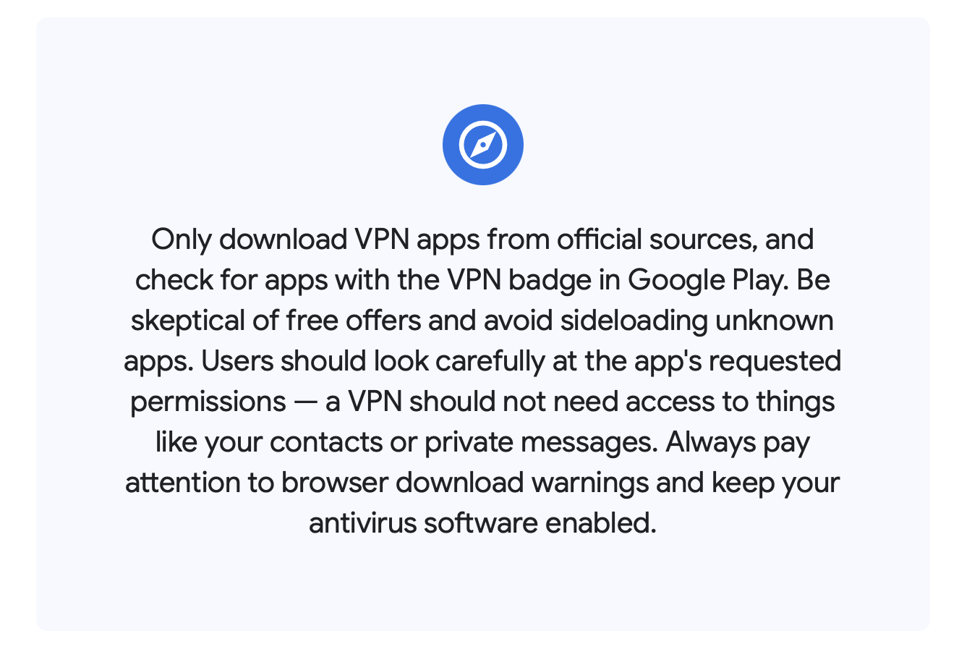Hundreds of millions of smartphone users are now subject to porn bans and restrictions, as legislators in the U.S. and Europe either block adult websites completely or mandate identity and age verification checks on users accessing content.
This plays into a fundamental misunderstanding of the way the global internet works. It also has drastic, long-term implications for the freedom of millions. And there are serious short-term threats as well, which has prompted a new Google warning.
Whilst multiple U.S. states have enacted porn bans of various flavors, it is the U.K. that could be the trigger point for a more fundamental change to internet freedoms. The country mandates age verification checks on porn sites, which has reportedly decimated porn use. That’s obviously nonsense, it has done nothing of the sort. And so the country could now tread new ground, echoing its fight with Apple over cloud encryption.
What has happened — just in the U.S. — is that VPN usage has surged. Porn users now pretend to be someplace else, accessing Pornhub and other sites via servers in countries with no restrictions. Just as with money laundering and online gambling, legislators are discovering that local laws mean nothing in isolation where the internet is concerned.
Now the U.K. is teasing the idea of a VPN ban. Just as its iCloud encryption ban has restricted its Apple users in a way even China has not, so the country is so focused on controlling the internet that it may do the same with VPNs. Unfortunately, it’s not alone. Some U.S. legislators would do the same if it was workable.
VPNs are lifelines for internet users behind iron and bamboo curtains around the world, providing access to social media, new sites and messaging. For the west to even consider restrictions is dangerous. To do so in the interest of child safety is disingenuous. Truly bad actors simply use something else. It’s normal users that pay the price.
And the same is true when it comes to cyber safety. Hundreds of millions of users are now downloading and installing VPNs, secure tunnels that route all internet traffic to and from a device via third-party servers. VPNs are powerful tools. And from the wrong developers they’re dangerous tools. A bad VPN is much worse than no VPN.
Cue Google’s new warning. “Threat actors distribute malicious applications disguised as legitimate VPN services,” and many of these impersonate trusted enterprise and consumer VPN brands or use social engineering lures.”
Google says “once installed, these applications serve as a vehicle to deliver dangerous malware payloads including info-stealers, remote access trojans and banking trojans that exfiltrate sensitive data such as browsing history, private messages, financial credentials and cryptocurrency wallet information.”
Google reminds users to install VPNs only from official stores. But I’d go further. Free VPNs are best avoided. Chinese VPNs must be avoided. Google and Apple have been criticized for allowing unsafe VPNs onto their app stores. Use your own judgment and select a reputable VPN from a well-known western brand. And be prepared to pay for it.
Meanwhile, keep an eye on the news. A clampdown on VPN usage could be on its way. And just as with the threat to end-to-end encryption it’s an alarming new direction for internet freedoms. Legislators need to stop and think.

